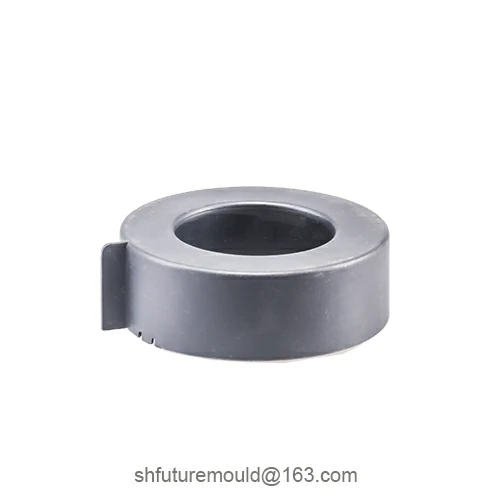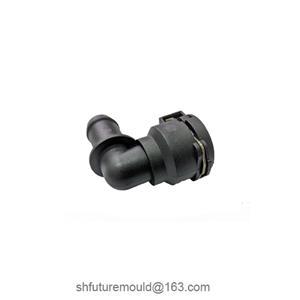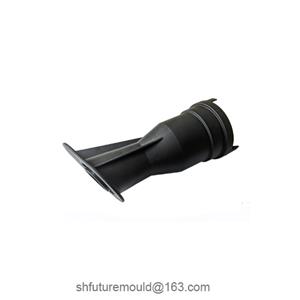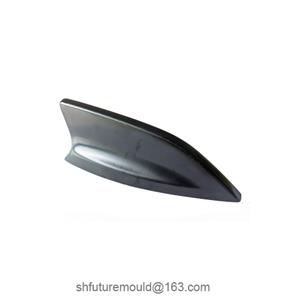Assembly Techniques for Precision Injection Molds
The assembly of precision injection molds is a critical phase in the overall mold manufacturing process. It directly impacts the mold's service life and product quality.
1. Preparation
Cleaning: All mold components must be thoroughly cleaned before assembly to remove any contaminants, oils, or oxidation.
Inspection: Carefully inspect each component's dimensions, shape, and surface quality to ensure compliance with the drawings.
Lubrication: Apply a suitable mold-specific lubricant to areas requiring lubrication.
2. Assembly Sequence
Adherence to Process: Strictly follow the assembly process to ensure each step is executed correctly.
Inside Out: Generally, assemble the mold's inner cavity components first, then gradually work towards the outer components.
Fixed Sequence: Fasten screws according to the specified sequence on the drawings to ensure even tightening.
3. Control of Interference Fits
Precise Measurement: Use precision measuring tools to accurately control the interference fit between components.
Shims: For tighter fits, adjust the interference by adding or removing shims.
Heat Treatment: If necessary, heat treat certain components to ensure the stability of the fit.
4. Installation of Locating Pins
Accurate Positioning: The installation position of locating pins must be precise to ensure the accurate positioning of components when the mold closes.
Tight Fit: The fit between locating pins and locating holes should be tight but not impede mold opening and closing.
5. Installation of Cooling System
Unobstructed Flow: Cooling channels must be unobstructed to ensure efficient cooling.
Good Sealing: Connections in the cooling water circuit must be well sealed to prevent leaks.
6. Mold Trial
No-Load Trial: Before full-scale production, conduct a no-load trial to check the mold's opening, positioning, cooling, and other functions.
Loaded Trial: After a successful no-load trial, conduct a loaded trial to observe product quality and adjust mold parameters.
7. Precautions
Environment: Maintain a clean and dry assembly environment to prevent dust and contaminants from entering the mold.
Tools: Use appropriate tools to avoid damaging mold components.
Experience: Assembly personnel should have extensive experience and be familiar with various mold structures.
- Injection Mold
- Automotive Injection Mold
- Electronics & Electrical Injection Mold
- Consumer Goods Injection Mold
- Airplane Components Injection Mold
- Medical Components Injection Mold
- Irrigation Components Injection Mold
- Injection Molds




